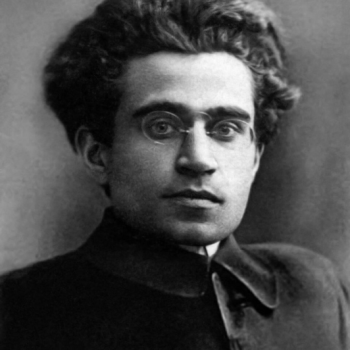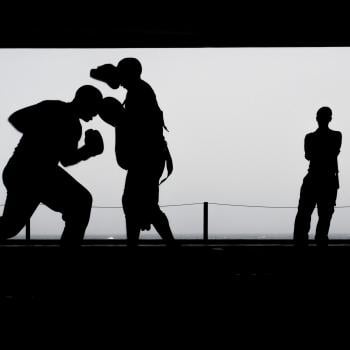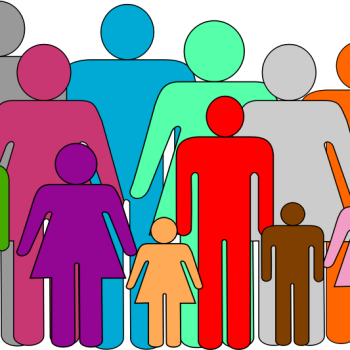For the first time, adults are more likely to wed by the age of 30 if they obtained a bachelor’s degree than the young adults who have not, according to a report released Thursday by the Pew Research Center. . . .
The situation was more favorable for people without college degrees two decades ago, Fry said. Then, people without college degrees were more likely to get married than their college-educated counterparts. Those without college degrees could rely on the benefits of marriage to offset their lower salaries.
In 1990, 75 percent of 30-year-olds who did not have a college degree were married, a figure outnumbering the 69 percent of college-educated 30-year-olds who were married, according to the Pew study.
But the study now reveals a reversal, showing that the percentage of people with college degrees marrying has slightly eclipsed those without. In 2008, 62 percent of college-educated 30-year-olds were married or had been married, the center found after analyzing American Community Survey data from 2008. In contrast, 60 percent of 30-year-olds without a college degree were married or had been married. . . .
Economic hardships among young men create barriers to marriage, the report said. High school-educated men between 25 and 34 earned less money in 2008, about $32,000 a year on average, a 12 percent decline from $36,300 in 1990. Meanwhile, earnings for college-educated men in the same group rose 5 percent to $55,000 in 2008, up from $52,300 in 1990. (These median annual earnings were adjusted for inflation.)
The declining fortunes can be a detriment to marriage prospects, Fry said, because many people are seeking partners who can provide for a family and who are economically stable.
During the same time period, cohabitation has doubled and has consequently become a more acceptable alternative to marriage, Fry said. Half of those living together are under 35, and more than 80 percent lack a college degree, the study said, citing census data. . . .
[Researcher Sharon] Sassler points out weddings have become so expensive that they are often a status symbol among the college-educated middle class. Modern-day weddings also can cost tens of thousands of dollars, and there is a perception such costly ceremonies are necessary. Couples without a college degree, who may be struggling financially, are often unable to afford it, she said.
“Marriage means something different for the middle class because they have a college degree and better jobs,” Sassler said. “And because now we have expectations on what needs to be in place to be married.”
via College-educated more likely to marry, study says – CNN.com.
What other questions are raised by this study? For example, given co-habitation and other evidence of the decline of traditional marriage, why do you think couples think a “costly” wedding ceremony is so “necessary”?
HT: Jackie












